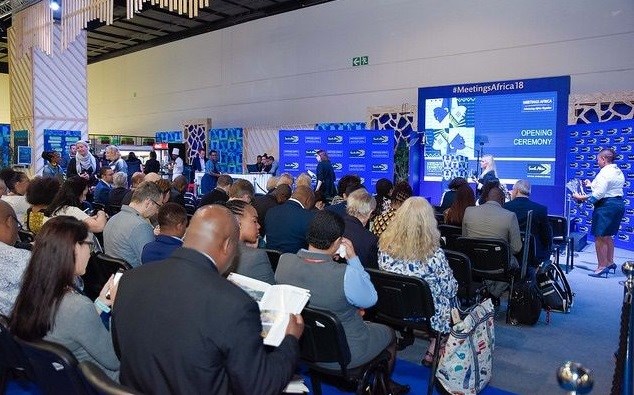As the economy continues to shift from being resource-based, knowledge industries such as tourism will become more sophisticated and important and while business travel makes up just a quarter of the overall tourism pie, its potential extends far beyond its current nominal contribution.
During the recently held Meetings Africa 2018 conference it was indicated that business tourism contributed R115bn to the South African economy, with the overall travel and tourism industry’s contribution amounting to R412.2bn in 2017, or 9.4% of the country’s gross domestic product (GDP).
According to a Statistics South Africa report, the tourism sector is a major job creator, employing over 686,000 people in 2016, outnumbering utilities (118,000) and mining (444,000). People working in tourism made up 4.4% of the South African formal and informal workforces, up from 3.8% in 2015, and this continues to rise, with newly-appointed President Cyril Ramaphosa aiming for 700,000 direct and indirect jobs in the sector this year.
The tourism sector – a rising opportunity for all
First-time visitors to South Africa are often people on business, who would otherwise not think of visiting a country so far to the south of the continent, and one, unfortunately, often covered by bad press. In gaining a first-hand experience of the country, however, business travellers often have their pre-conceived notions about the country strongly challenged, and major investment decisions can be made based on a single visit – whether that investment is in a major job-creating project or in a family holiday.
Visitors are surprised that, not only is South Africa a beautiful place to visit, its commercial centres of Johannesburg, Durban and Cape Town are also some of the most sophisticated cities on the continent, with infrastructure that rivals and even surpasses more developed countries. Their personal experience flies in the face of media reports that represent Africa as a homogenous, backward and violent place, home to the starving and corrupt.
In this regard, business tourism is fundamental to the growth of African economies and Africa-focused business events, need to be hosted in a more diverse range of locations in Africa and beyond to create a more even spread of exposure.
In the coming months, for instance, South Africa will play host to a number of events across a variety of sectors attracting experts from around the world. Africa needs to be marketed (and managed) as a destination that is easily accessible and safe to visit, which offers an amazing experience and is full of possibility – not only for Africa-related conferences but for global conferences as well.
The bulk of these events, however, remain concentrated in the major business centres of Johannesburg and Cape Town.
Africa needs closer collaboration to grow its market
Sisa Ntshona, CEO of South African Tourism, stated during Meetings Africa 2018 that the key to growing the South African MICE sector was closer collaboration between nations in positioning Africa as a diverse but integrated whole. The continent, not just South Africa, boasts the facilities, infrastructure and expertise to pull off world-class conferences, coupled with a variety of unforgettable leisure activities.
While there may be practical reasons for Africa-focused events to be hosted at locations off the continent, wouldn’t it be great if the world’s influential leaders had a chance to experience Africa up close? How would the African air, sounds and people inspire the economic and trade discussions that could affect the lives of millions of people living in the continent?
This means more work needs to be done to attract more people to lesser-known cities and towns, not just in South Africa but across sub-Saharan Africa. The MICE industry is a great opportunity to display the diversity of Africa’s landscape, cultures, and especially its commerce and industry to a highly influential audience.












































